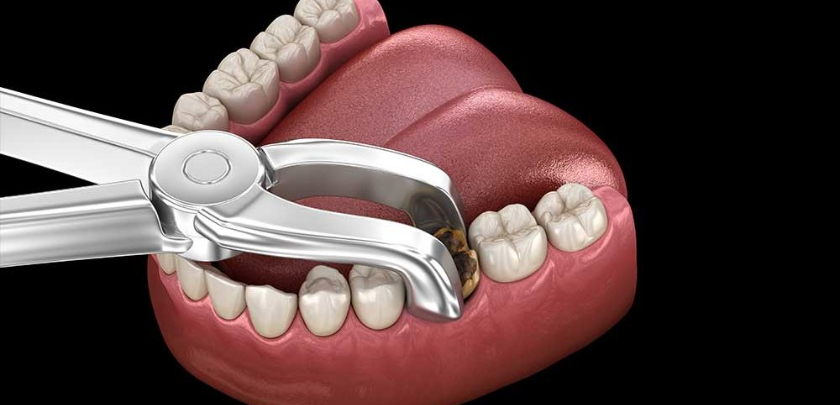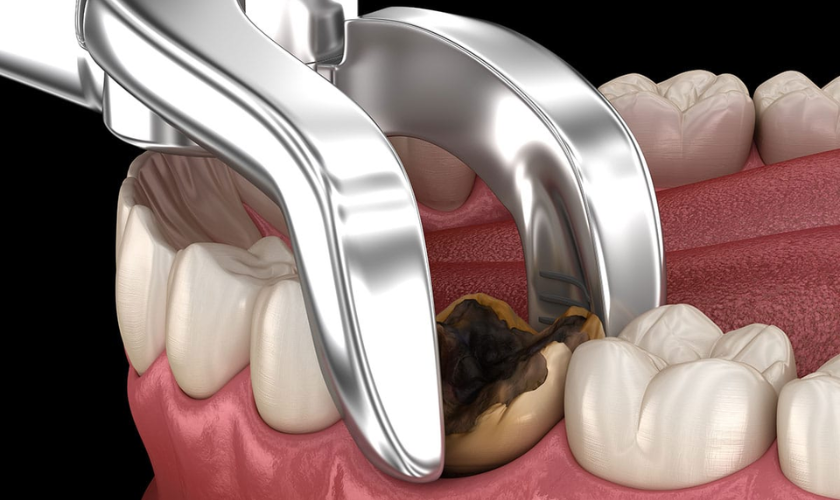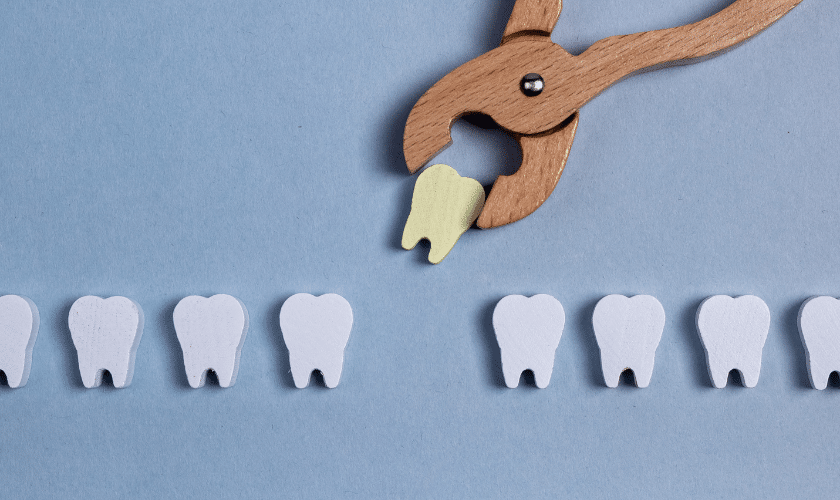
late teens or early twenties. One of the most common questions people have after wisdom teeth removal is about their diet—specifically, whether they can indulge in their favorite foods like cake. Navigating your diet post-surgery can be tricky, as certain foods can hinder the healing process or cause discomfort. In this blog post, we will explore whether you can eat cake after wisdom teeth removal and provide practical tips and strategies for managing your diet during recovery.
Understanding Wisdom Teeth Removal Post-Operative Care
After wisdom teeth extraction, your mouth needs time to heal properly. The extraction site is essentially an open wound that requires care to avoid complications such as infection or dry socket. For the first few days following surgery, it’s essential to stick to a soft and gentle diet. This period is critical for ensuring that the blood clot forming over the extraction site remains undisturbed, as this clot is vital for the healing process.
Can You Eat Cake After Wisdom Teeth Removal?
Initial Days Post-Surgery
In the first few days after wisdom teeth removal, it’s best to avoid cake. Most cakes have a texture that could potentially disturb the healing extraction sites. Crumbs can get lodged in the surgical areas, causing irritation or even leading to infection. Additionally, cakes often contain sugar, which can increase the risk of bacterial growth in your mouth.
Instead, focus on consuming very soft foods that require minimal chewing. Options such as yogurt, applesauce, mashed potatoes, and broth are ideal. These foods help keep you nourished without posing a risk to the healing process.
Gradual Reintroduction of Foods
As you progress in your recovery and your pain subsides, you can slowly reintroduce a wider variety of foods into your diet. Usually, this can begin around the third or fourth-day post-surgery, depending on your comfort level and healing progress. However, it’s crucial to continue avoiding foods that are hard, crunchy, or too sticky, as these can still disrupt the healing process.
When you feel ready, you can try eating softer cakes, such as sponge cake or angel food cake. Make sure to take small bites and chew slowly and gently to avoid any complications. Additionally, it may be helpful to accompany the cake with a glass of water to help wash down any lingering crumbs and keep your mouth clean.
Practical Tips for Post-Surgery Eating
1. Stick to Soft Foods
For at least the first week after your surgery, prioritize soft foods that don’t require much chewing. This includes items like smoothies, soups, scrambled eggs, and mashed vegetables. These foods are gentle on your healing gums and minimize the risk of disturbing the surgical sites.
2. Stay Hydrated
Drinking plenty of fluids is essential for your recovery. Water is the best option, as it keeps you hydrated and helps rinse your mouth. Avoid using straws, as the suction can dislodge the blood clot and lead to a dry socket, a painful condition that can delay healing.
3. Avoid Hot and Spicy Foods
Hot and spicy foods can irritate your healing gums and potentially cause discomfort. Stick to lukewarm or cool foods during the initial recovery period to avoid any unnecessary irritation.
4. Maintain Good Oral Hygiene
Keeping your mouth clean is crucial for preventing infection. Gently rinse your mouth with warm salt water starting 24 hours after surgery, but avoid vigorous swishing. Brush your teeth carefully, avoid the extraction sites, and follow any specific instructions provided by your dentist.
5. Monitor Your Healing Progress
Everyone heals at a different rate, so it’s important to listen to your body and adjust your diet accordingly. If you experience increased pain or notice signs of infection, such as swelling, fever, or pus, contact your dentist immediately.
Recovering from wisdom teeth extraction requires mindful attention to both your diet and oral hygiene. While indulging in cake and other treats might need to wait initially, you can gradually reintroduce them as your healing progresses. Following the practical tips in this post will help ensure a smooth recovery and reduce the risk of complications.


